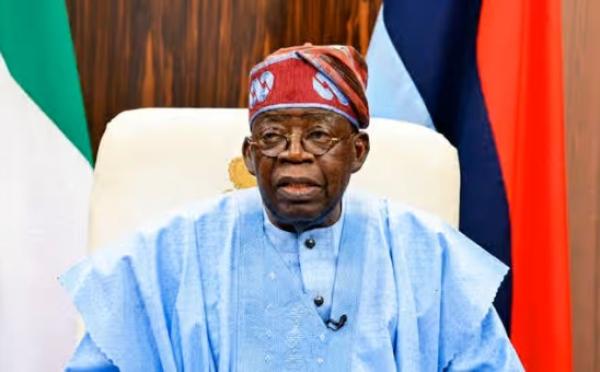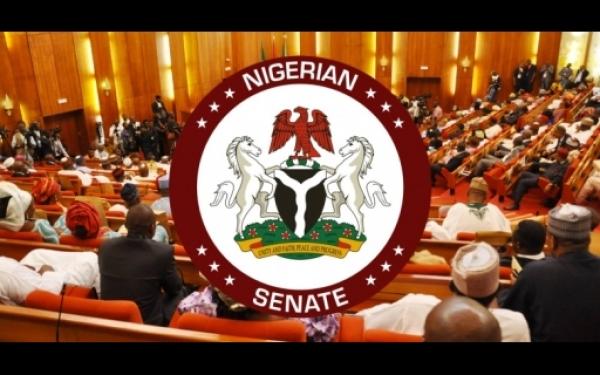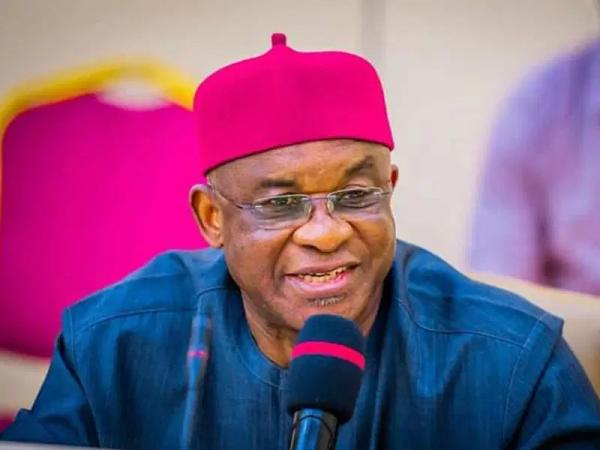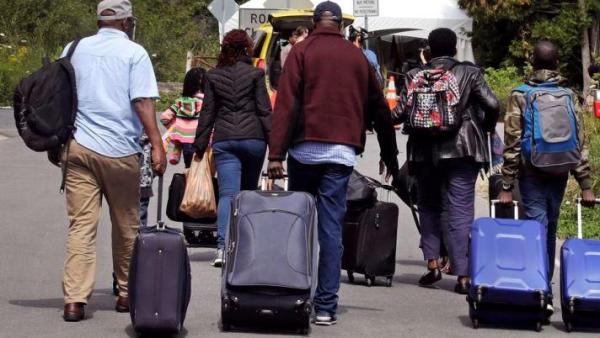The landlocked West African country of Burkina Faso has approved a bill authorising the dispatch of troops to neighbouring Niger Republic, which faces threats of military intervention to restore civilian rule following a coup.
The draft law was approved in a meeting of Burkina Faso’s military-dominated government, according to a statement released on Thursday, Defence Post reports.
It gave no details about the deployment of the force but said these had been determined “by joint agreement” between the two countries.
“What affects security in Niger fundamentally affects security in Burkina Faso,” the statement quoted Defense Minister Kassoum Coulibaly as saying.
The bill will be put to Burkina’s transitional legislature in the coming days for its approval.
Recall that Niger’s democratically elected president, Mohamed Bazoum, was ousted by coup leaders on July 26.
They were swiftly supported by juntas in neighbouring Mali and Burkina Faso, whose presidents were equally forced out following failures to stem a jihadist insurgency.
The West African bloc ECOWAS has warned of intervening militarily if diplomatic efforts to return Bazoum to power fail — a move that has prompted Mali and Burkina to say any operation would be tantamount to a “declaration of war” on themselves.
Niger’s new strongman, General Abdourahamane Tiani, last week signed a decree authorizing those countries’ forces to intervene “in the event of external armed aggression or destabilisation.”
Coulibaly, who holds the rank of colonel, said that sending a military contingent to Niger “is a continuation of the struggle against terrorism.”
Poorly equipped, the armed forces in all three Sahel countries have been struggling against a jihadist campaign that flared in northern Mali in 2012 and three years later moved into Niger and Burkina Faso.
Across the region, thousands of civilians, police, and troops have been killed.
In Burkina Faso alone, which underwent two coups last year, more than two million people have fled their homes, and at least a third of the country lies outside the government’s control.





















